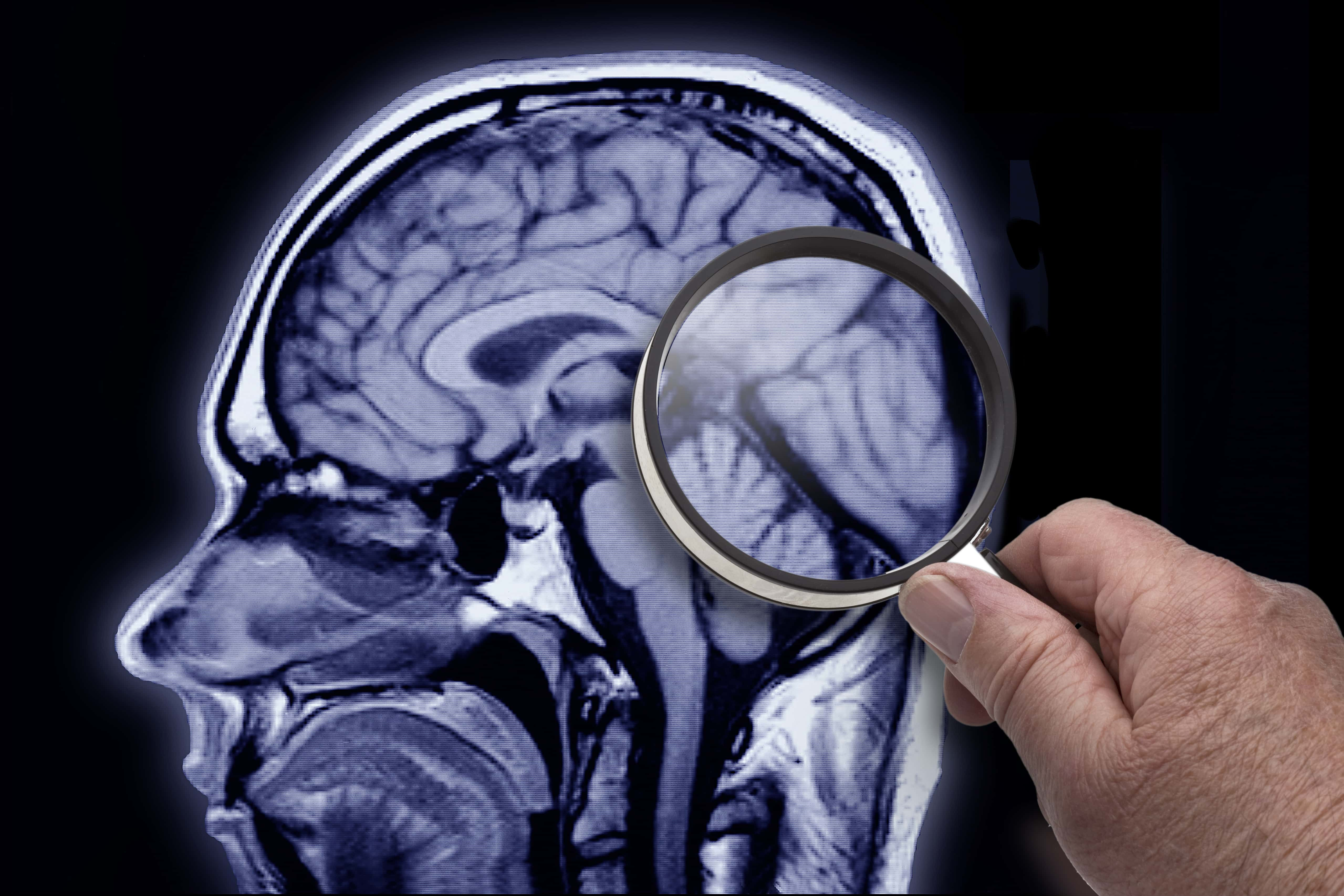Alzheimer’s Disease Awareness Month: What is this irreversible disorder and how does it affect the brain?

The most common type of dementia, Alzheimer’s disease is an irreversible, progressive disorder, involving parts of the brain that control thought, memory and language. It starts with mild memory loss and eventually leads to the loss of the ability to carry on a conversation or do simple everyday tasks. In most people with Alzheimer’s disease (AD), symptoms first appear in their mid-60s. Currently, there is no cure for this devastating disease, but treatment can help manage symptoms in some people.
The disease is named after German doctor Alois Alzheimer. He described the symptoms of a patient in 1906 who had died of an unusual mental illness. The symptoms included memory loss, language problems, and unpredictable behavior. After she died, he examined her brain and found many abnormal clumps (now called amyloid plaques) and tangled bundles of fibers (now called neurofibrillary, or tau, tangles). These plaques and tangles in the brain are still considered some of the main features of Alzheimer’s. Another feature is the loss of connections between nerve cells or neurons in the brain. Neurons transmit messages between different parts of the brain, and from the brain to muscles and organs in the body.
November is observed as National Alzheimer’s Disease Awareness Month in the US, where the burden of Alzheimer’s and related dementias is estimated to be over 5.5 million.
Changes in brain may begin much before problems show
The brain typically shrinks to some degree in healthy aging but it does not lose neurons in large numbers. In Alzheimer’s disease, however, the damage is widespread. Alzheimer’s disrupts processes vital to neurons and their networks, including communication, metabolism and repair.
Scientists do not yet fully understand what causes Alzheimer’s disease. According to experts, changes in the brain may begin a decade or more before memory and other cognitive problems appear. During this preclinical stage of Alzheimer’s disease, people seem to be symptom-free, but toxic changes are taking place in the brain. Abnormal deposits of proteins form amyloid plaques and tau tangles throughout the brain. The once-healthy neurons stop functioning, they lose connections with other neurons, and die. Many other complex brain changes are also thought to play a role in Alzheimer’s.
“The healthy human brain contains tens of billions of neurons — specialized cells that process and transmit information via electrical and chemical signals. They send messages between different parts of the brain, and from the brain to the muscles and organs of the body. Alzheimer’s disease disrupts this communication among neurons, resulting in loss of function and cell death,” explains the National Institute on Aging.

The damage initially appears to take place in the hippocampus and the entorhinal cortex, parts of the brain essential in forming memories. As more neurons die, additional parts of the brain are affected and begin to shrink. By the final stage of Alzheimer’s, the damage is widespread, and brain tissue has shrunk significantly, explain experts.
“At first, Alzheimer’s disease typically destroys neurons and their connections in parts of the brain involved in memory, including the entorhinal cortex and hippocampus. It later affects areas in the cerebral cortex responsible for language, reasoning and social behavior. Eventually, many other areas of the brain are damaged. Over time, a person with Alzheimer’s gradually loses his or her ability to live and function independently. Ultimately, the disease is fatal,” say experts.
Stages of the disease
As Alzheimer’s disease progresses, people experience greater memory loss and other cognitive difficulties. The stages may provide an overall understanding of how abilities change once symptoms appear and should only be used as a general guide, according to the Alzheimer’s Association. “On average, a person with Alzheimer's lives four to eight years after diagnosis, but can live as long as 20 years, depending on other factors,” it says.
Mild Alzheimer’s Disease: In this stage, problems may include wandering and getting lost, trouble handling money and paying bills, repeating questions, trouble with planning or organizing, taking longer to complete normal daily tasks and personality and behavior changes.
Moderate Alzheimer’s Disease: Damage occurs in areas of the brain that control language, reasoning, sensory processing, and conscious thought in this stage. People experience even greater memory loss, they may show increasingly poor judgment and have deepening confusion. They may need help with bathing or getting dressed as they are unable to perform multi-step tasks. Some occasionally lose control of their bladder or bowel movements. People can undergo significant changes in personality and behavior, and some may have delusions, paranoia, and behave impulsively.
Severe Alzheimer’s Disease: In this late stage of the disease, people are unable to communicate coherently, they become dependent on others and need daily assistance with personal care. This includes help with eating, dressing, using the bathroom, and all other daily self-care tasks. People experience a decline in physical abilities such as walking, sitting, swallowing and controlling bladder and bowel functions. Eventually, the person may be in bed most or all of the time as the body shuts down. “As memory and cognitive skills continue to worsen, significant personality changes may take place and individuals need extensive care. During this stage, caregivers may want to use support services, such as hospice care, which focus on providing comfort and dignity at the end of life,” suggests the Alzheimer’s Association.